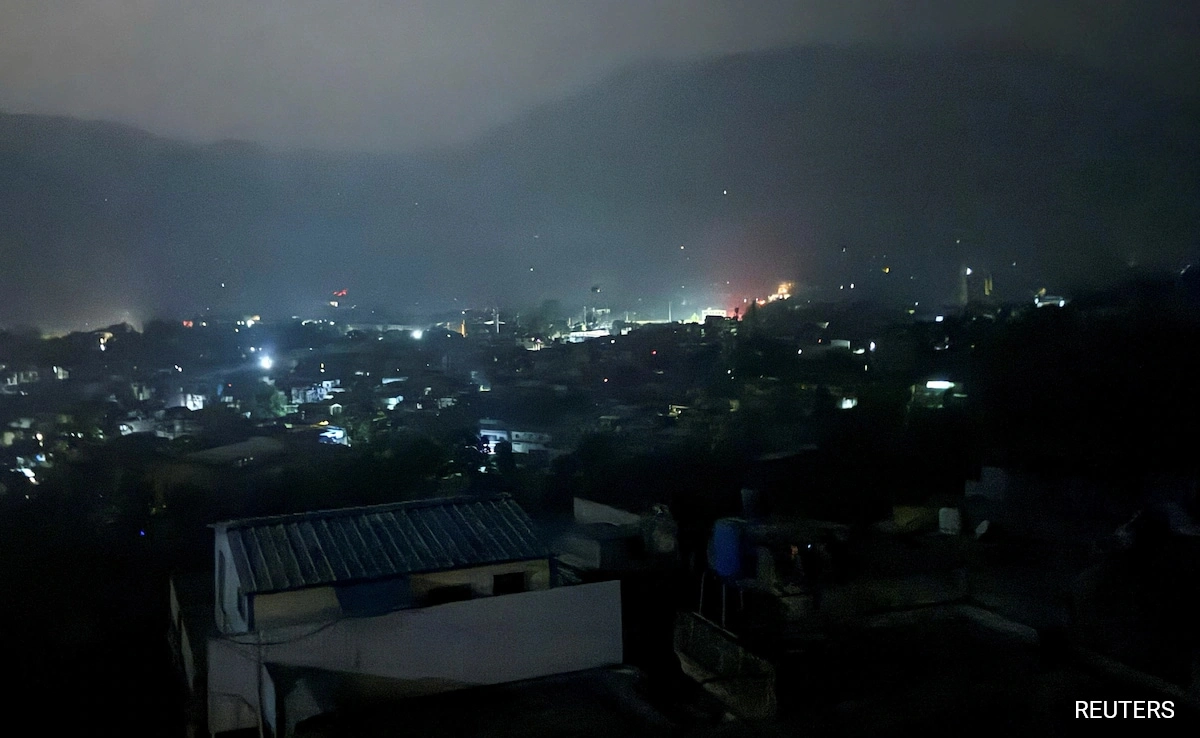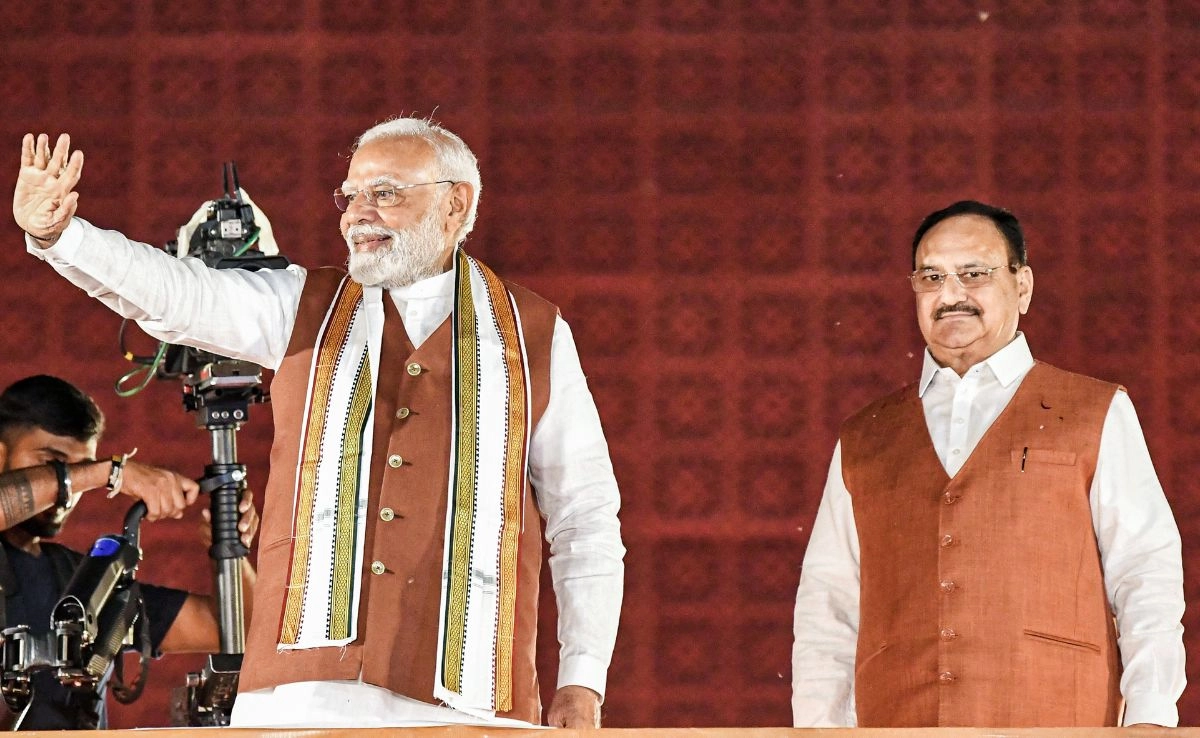In a significant escalation of military action, India has launched Operation Sindoor, targeting nine terror camps across Pakistan. This decisive move comes in the wake of increasing tensions between the two neighboring nations, particularly following a series of cross-border terrorist activities that have raised concerns over national security. The operation is part of India’s broader strategy to dismantle terrorist networks that operate with impunity across the border. Prime Minister Narendra Modi has taken a firm stance on this issue, emphasizing the need for proactive measures to safeguard the nation and its citizens from the threats posed by these camps.
In light of the situation, Prime Minister Modi has also postponed his scheduled visit to Europe, prioritizing national security and the ongoing military operations. This decision underscores the seriousness with which the Indian government is treating the current circumstances, reflecting a commitment to addressing the threat of terrorism head-on. The postponement of his diplomatic engagements signals that the Indian leadership is fully focused on the operational dynamics and the safety of its populace. Analysts suggest that this move could also be aimed at consolidating internal support for the government’s tough stance on terrorism.
As Operation Sindoor unfolds, the international community is closely monitoring developments, with reactions expected from various global powers. The operation not only highlights India’s military capabilities but also raises questions about the regional stability and the potential for escalation in hostilities. The Indian government has reiterated its commitment to ensuring peace and security, while also conveying a clear message to those who harbor or support terrorism. As tensions mount, the implications of this operation will likely resonate beyond the immediate military objectives, influencing diplomatic relations and security strategies in the region for the foreseeable future.




